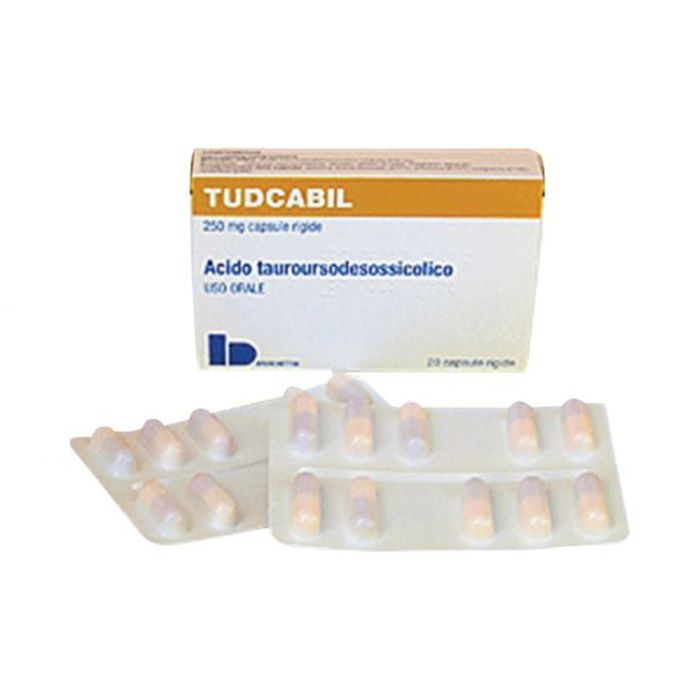Description
What is Tudcabil (tauroursodeoxycholic acid)?
Tudcabil (tauroursodeoxycholic acid) is a compound originally approved to treat liver diseases, although research suggests it may have a broader application which includes the treatment of amyotrophic lateral sclerosis (ALS).[1]
How does Tudcabil (tauroursodeoxycholic acid) work?
Tauroursodeoxycholic acid is a bile acid taurine conjugate derived from ursodeoxycholic acid. Bile acid is made by the liver and stored in the gallbladder and helps with digestion. It has a role as a human metabolite, an anti-inflammatory agent, a neuroprotective agent, an apoptosis inhibitor, a cardioprotective agent and a bone density conservation agent.
Where has Tudcabil (tauroursodeoxycholic acid) been approved?
Tudcabil (tauroursodeoxycholic acid) is approved by the Italian Medicines Agency (Agenzia italiana del farmaco, AIFA) for the treatment of liver diseases.[2]
Tudcabil (tauroursodeoxycholic acid) is not approved for amyotrophic lateral sclerosis (ALS), but was granted orphan designation for ALS by the European Medicines Agency (EMA) (EU, February 2017)[1].
If you have a question about its approval in a specific country feel free to contact our support team.
How is Tudcabil (tauroursodeoxycholic acid) taken?
The recommended dosage is:[3]
- 5-10 mg/kg taken orally once daily
- in most cases the daily dosage is between 250 and 750 mg
Adjustment in dose may be required based on symptoms and experienced side effects.[3]
Complete information about tauroursodeoxycholic acid dosage and administration can be found in the official prescribing information listed in our resources section.[3]
Note: Please consult with your treating doctor for personalised dosing.
Are there any known side effects or adverse reactions of Tudcabil (tauroursodeoxycholic acid)?
Common adverse reactions
The most common adverse reactions listed in the prescribing information include:[3]
- Peptic ulcers
Use in a specific population
Tudcabil (tauroursodeoxycholic acid) is not advised for women who are pregnant or breast feeding.[3] Safety and effectiveness in paediatric patients has not been established.[3]

Reviews
There are no reviews yet.